Transparent display maker Lumus has reached a deal to license its augmented reality optical engine models to Quanta Computers for mass production of displays for consumer smartglasses.
Under the deal, Quanta will manufacture and market AR headsets featuring optical technology from Lumus, as well as supply optical engines to other AR device makers. Lumus estimates that headsets with its technology will begin shipping within 12 to 18 months.
In some AR smartglasses, the optical engine is what generates the holographic images for the viewer. According to David Goldman, vice president of marketing at Lumus, it's also the most expensive component of smartglasses. Manufacturing these components on a large scale lowers the cost per unit, thus enabling a manufacturer to lower the retail price of its products, a move that, in many cases, helps drive down competitor prices as well.

"This is truly a historic deal. In years to come, when we look back at the major events along the timeline toward mass adoption of augmented reality, we believe this will be recognized as a pivotal moment," said Ari Grobman, the CEO of Lumus. "We're excited to be partnering with Quanta, which is one of the world's most trusted technology ODMs, as this will allow Lumus optics to meet mass consumer market price points and bring AR glasses to the masses."
For its displays, Lumus uses a reflective waveguide where light projected from a micro-display pod travels through a transparent lens with reflective surfaces that expands the images for the viewer. The compact, lightweight display units offer bright, full-color images, even in direct sunlight, and are capable of up to 55 degrees field of view. The company's optics are available today in smartglasses from DAQRI and Atheer, among others.

"Quanta Computer is a big believer in AR market opportunities, and this partnership with Lumus allows us to lead the next generation of computing that augmented reality represents," said C.C. Leung, vice chairman and president of Quanta Computer (the company is also an investor in Lumus). "Our confidence in Lumus' high-performance optics compelled us to become a partner to incorporate their technology into future optical engine applications."
Several outlets have already pulled out their Jump to Conclusions mats and have started tossing around Apple's name in connection with the deal. Because Quanta supplies Apple with components for its existing products, this has to mean (according to some) that Quanta is also providing optical engines for a future pair of Apple smartglasses. While it's not the worst assumption, Quanta could also be producing components for any number of electronics companies.
Despite the existing relationship between the two companies, there's no guarantee that Quanta will be tapped to provide components for any future Apple AR device. Other vendors, such as WaveOptics, are ramping up operations to manufacture displays within the same timeframe and also have sights set on supplying optics to AR headset makers.
"There are lots of companies that have been watching the HoloLens, and they have been paying attention to various announcements from a lot of the big tech companies," said Dion Price, vice president of development at WaveOptics, in an interview with Next Reality. "There's a lot of aligning, let's say, of schedules and timelines and things like that as a result of that. There's probably going to be a fair amount of interesting things happening in a broadly similar window."
Price believes that we'll see a number of AR headsets arrive by the end of next year, depending on production schedules. Suffice to say, as the component suppliers begin to escalate their efforts, 2018 could be a very exciting year for the AR industry in general.
Just updated your iPhone? You'll find new features for Podcasts, News, Books, and TV, as well as important security improvements and fresh wallpapers. Find out what's new and changed on your iPhone with the iOS 17.5 update.
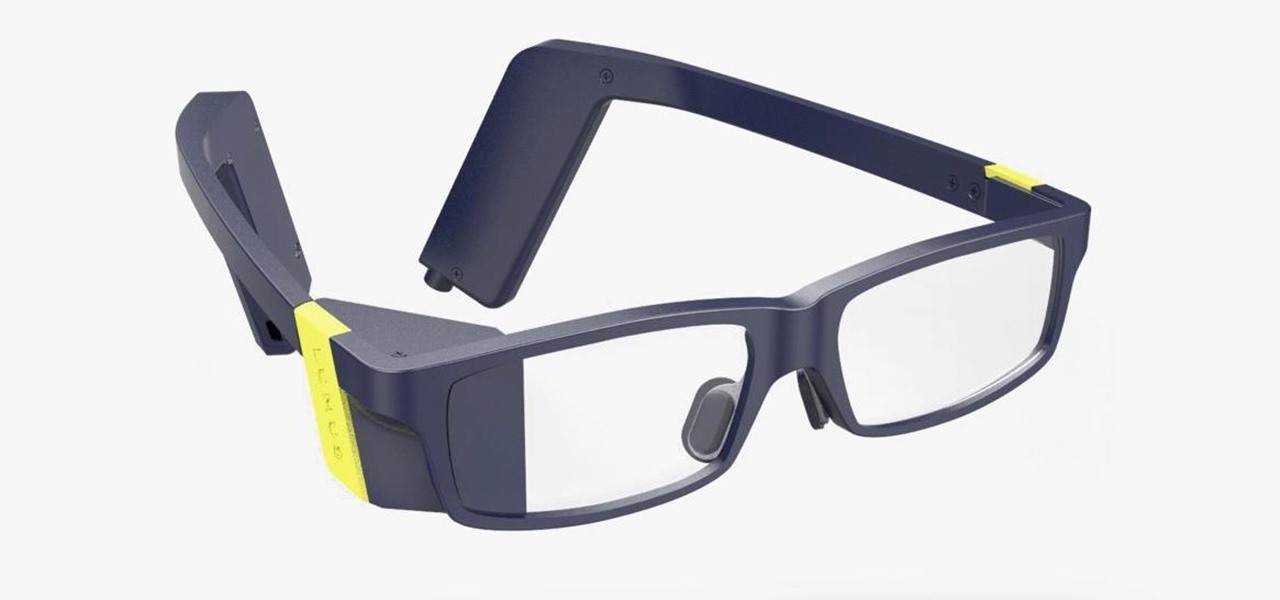


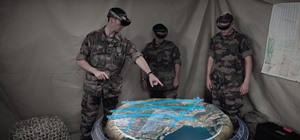



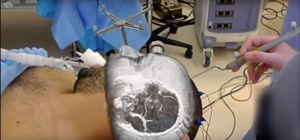










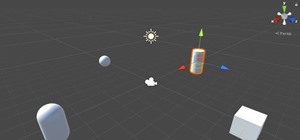

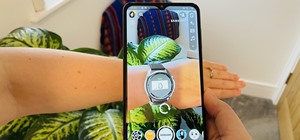
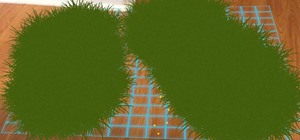
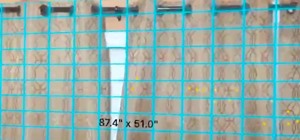
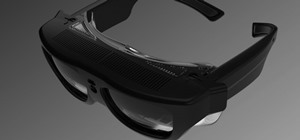

Be the First to Comment
Share Your Thoughts